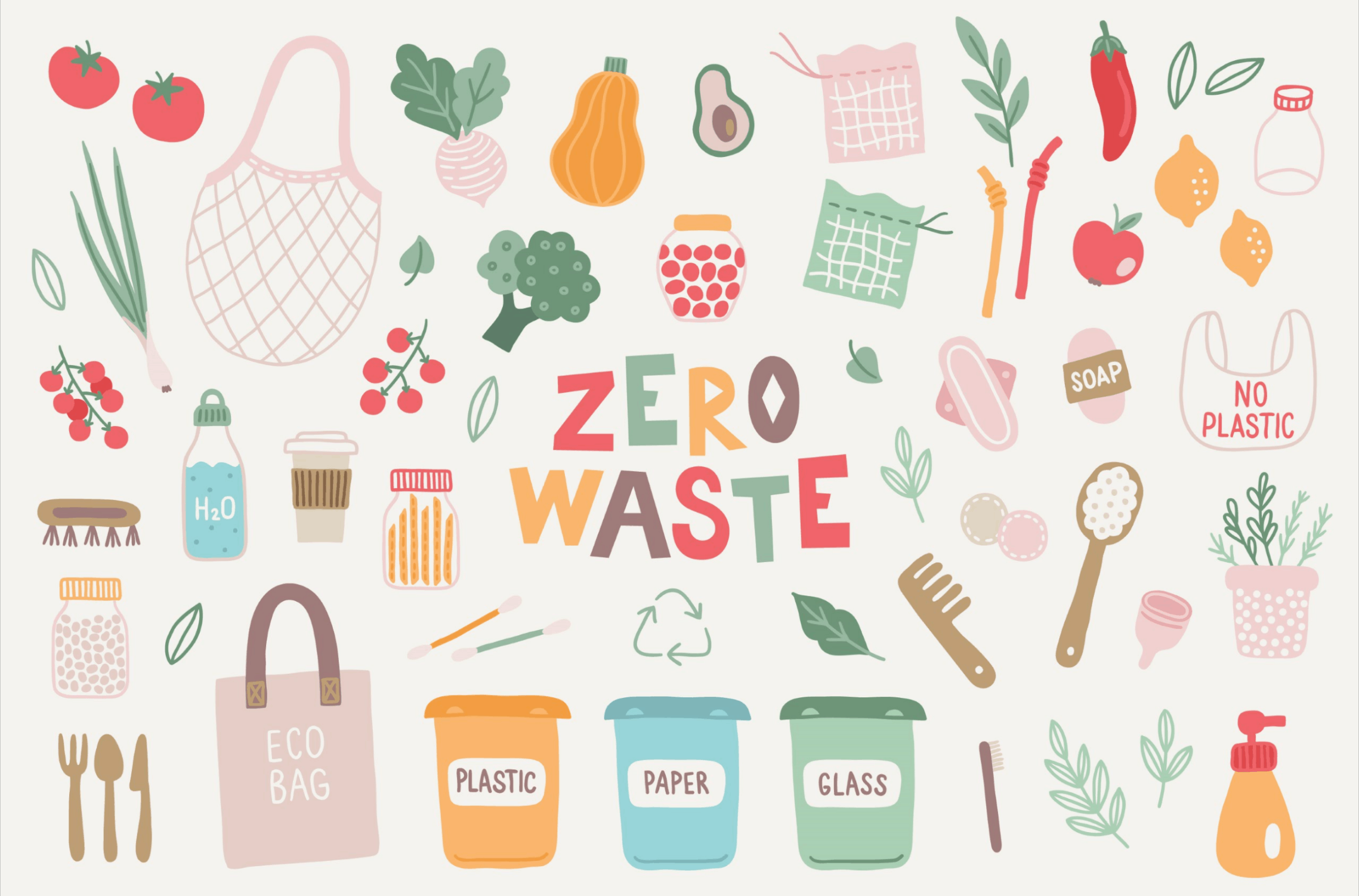
What is Plastic Free July?
Plastic Free July started in Australia when Rebecca Prince-Ruiz challenged her colleagues to reuse single-use plastic items for an entire month.
Ten years later, Plastic Free July has grown into a world-wide campaign with millions of people working to abandon the “take, make and throw-away” culture of single-use plastics. Participants take a personal pledge and many commit to reducing plastic consumption well beyond the month of July.
Prince-Ruiz, one of the world’s leading waste experts, went on to found the not-for-profit Plastic Free Foundation LTD in 2017. The Foundation operates with a mission "to see a world free of plastic waste" and it serves as the engine behind the summertime initiative.
Plastic Free July 2020

To mark its 10-year anniversary, the Plastic Free July challenge is calling on people to refuse single-use plastics in a bid to help exceed last year’s worldwide efforts and hit the global target of one billion kilos of waste avoidance.
The Challenge seeks to address the most critical solution to plastic pollution: waste avoidance—which is significantly more efficient than trying to extract plastic waste from the environment.
How successful has the campaign been?
Last year, the challenge reduced each participant’s household waste and recycling by an average of 5 per cent (23kg).
Given the increased prevalence of take-out during the Covid pandemic, there is a heightened sense of urgency to reinstate the positive progress made in reducing plastic waste and pollution.
Nonetheless, Prince-Ruiz remains optimistic.
“Every year this challenge has grown exponentially, having started with only 40 colleagues in Perth to over 250 million global participants. This year the challenge feels more poignant than ever as we begin to realise how intrinsically our social and physical environment is tied to the fundamental wellbeing of our communities. We have also seen the power of collective action firsthand. Whilst Plastic Free July is a personal challenge, participants are part of a global effort to create cleaner streets, oceans, and a cleaner, healthier planet. We can all be part of the solution.”
How individuals can participate in Plastic Free July

The campaign encourages millions to take small, daily actions.
“Plastic Free July isn’t about drastic lifestyle change; it’s about being more conscious of the single-use plastics that you use day-to-day and taking small but smart steps to reduce them” says Prince-Ruiz. “Simple swaps could include switching to bar soap or avoiding plastic when you buy your vegetables. The majority of challenge participants started by choosing to refuse at least one single-use plastic but nine out of 10 ended up creating long-term habits that lasted far beyond the challenge itself.”
Simple swaps:
- Instead of liquid laundry detergent, use liquidless eco-strips
- Instead of liquid soap, shampoo and conditioners, use concentrated shampoo and conditioner in bar format
- Instead of plastic straw, carry stainless steel straws
- Instead of plastic bags, use re-usable mesh produce bags
Keep reading Environment 911’s favourite plastic-free swaps:
20 Ways to Create a Plastic-Free Kitchen
Zero-Waste Shopping: How To Use Less Plastic at the Grocery Store
Everything You Need to Start Cleaning Your Home, the Zero-Waste, Eco-Friendly Way
How businesses can participate in Plastic Free July
The Plastic Free July campaign provides free resources to schools, community groups and businesses to empower change. Simple ideas to inspire change right now:
Front-of-business
- Engage your staff and customers by having the discussion in-store and on social media
- Offer discounts to customers who supply their own packaging, cups, bags, etc.
- Keep cardboard boxes or recycled bags on hand for customers who have forgotten their reusable bags
- Swap single-use items like condiments for bulk ones
Corporate
- Perform an office garbage bin audit to identify culprit plastic items (and then come up with solutions)
- Work with suppliers to reduce unnecessary plastic packaging and components in the supply chain; investigate material alternates or seek out new suppliers with shared values
- Ensure your procurement team shares and acknowledges the company’s waste-reducing values
- Corporate accountability: Assemble a team of likeminded people to audit processes and demonstrate leadership by modelling waste-reducing actions.
View more ideas and inspiration for business here.


